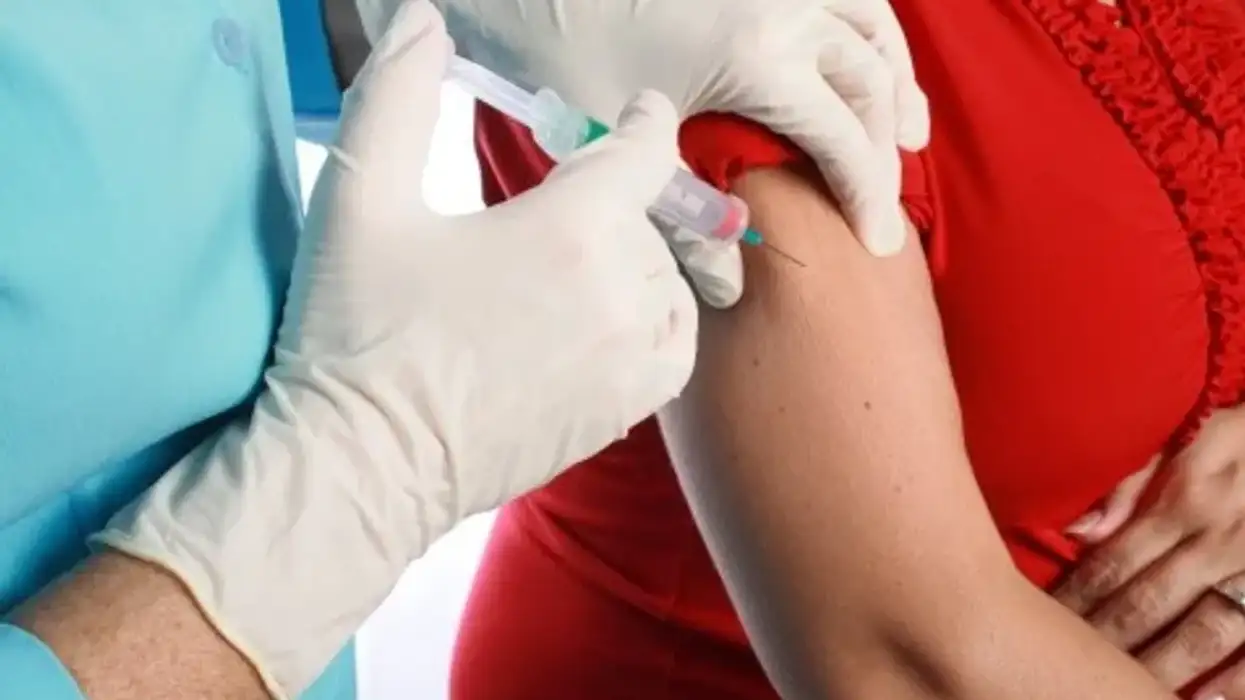In response to a Scottish parliamentary debate last week on Antimicrobial Resistance (AMR), the Royal Pharmaceutical Society (RPS) has explained how pharmacy can play a vital role in reducing the harms and deaths from AMR.
Scientists have predicted AMR to be the leading cause of death worldwide by 2050, resulting in 10 million deaths every year.
AMR has the potential to nullify over 100 years of modern medicine, rendering antibiotics that treat life threatening illnesses such as pneumonia, meningitis and TB far less effective, and potentially completely ineffective. In addition, common surgeries, such as hip operations and caesarean sections, could become life threatening procedures.
“There are many things that we can all do – the public, patients and health professionals – to tackle AMR,” said RPS.
RPS suggests:
- Pharmacists can help reduce AMR by providing information to the public about how to manage common self-limiting infections which do not require an antibiotic, about when to seek further help if the condition does not resolve and about when antibiotics are needed. This will help reduce inappropriate, harmful and unnecessary use of antibiotics.
- They can develop guidelines to ensure infections are treated with the most appropriate antibiotics, at the right dose and for the correct length of time. Prescribing antibiotics according to guidelines and giving advice to patients about how to take antibiotics safely.
- Pharmacies can encourage the public to return any unused medicines, including antibiotics, to pharmacies for safe disposal.
- A clear link exists between antibiotics getting into the environment and the development of AMR. This is why it is crucial that medicines are disposed of safely and never flushed down a toilet or sink, or put into household rubbish. RPS has produced an environmental sustainability policy which includes a section on reducing AMR through tackling pollution by pharmaceutical waste.
Commenting on the debate held on 21 April at the Scottish Parliament, Director for Scotland at RPS, Clare Morrison said: “Antimicrobial resistance is a real threat which has the potential to devastate human health. Thankfully, there are concrete actions we can take right now to tackle this. But we all need to act now.
“As experts in medicines, pharmacists have a unique role to play in advising the public and healthcare professionals about actions to limit the effects of antimicrobial resistance. These include providing advice on: managing self-limiting conditions without using antibiotics, prescribing antibiotics appropriately and on the importance of returning any unused medicines to pharmacies for safe disposal.”











